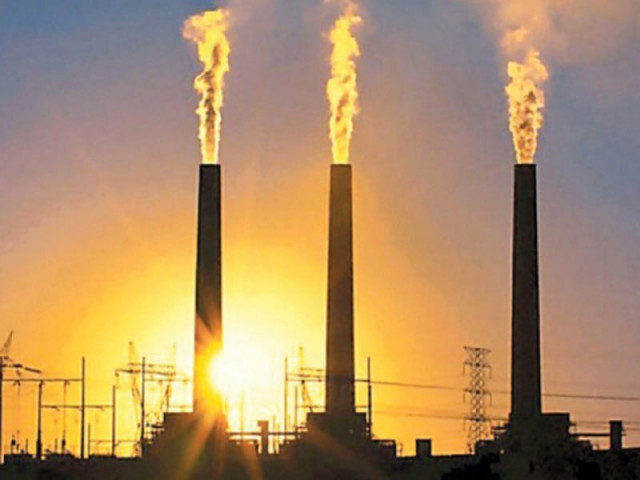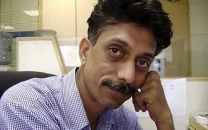Hubco offers to desalinate water, generate power from solid waste
Sindh Chief Minister Syed Murad Ali Shah reiterated on Monday his commitment to resolve water issues

HUBCO offer to generate power from solid waste. PHOTO: STOCK IMAGE
Presiding over a meeting at the CM house, Shah said that Karachi receives 583 Million Gallons per Day (MGD) of water from Keenjhar Lake and 100 MGD from Hub Dam. The CM remarked, “This supply of 683 MGD water from both sources contributes towards 55% of the total requirement leaving the city with a shortfall of 550 MGD.” He added that the solution to demand and supply disequilibrium lay in seawater desalination plant.
The CM also informed the meeting that out of the 16,550 tons of waste generated in the city daily, only 20% gets recycled. “Therefore, I want to utilise the waste for the generation of electricity,” he said.
The meeting was reviewing a proposal submitted by a private-sector power-generating company, Hubco, on desalinating seawater and producing electricity from solid waste.
The Hubco team informed the CM that the issues of water scarcity, wastewater and solid waste management could be resolved by desalinating sea water, recycling wastewater and by using the solid waste to generate energy.
The meeting was informed that the Clifton Cantonment Board and DHA Phase 1 to VII need 14 MGD water out of which, six to seven MGD is supplied by Karachi Water and Sewerage Board (KWSB). This leaves a shortage of seven to eight MGD.
Hubco has offered to allow the Hub plant to be used for desalination. It could potentially produce 300 MGD, which is scalable to 1200 MGD. Given that Hubco has intake and outfall channels of seawater available it could easily facilitate the process.
The Hubco representative said that if all of Karachi’s non-recycled waste, which is approximately 13,240 tons per day (TPD), was to be utilised it could potentially generate around 200 Mega Watts (MW) of electricity which can produce 175 to 190 MGD of potable water.
Illegal water connections: Operation launched in Kohat
Shah said that waste to energy to water projects can be executed in collaboration with Sindh Solid Waste Management Board (SSWMB) and KWSB. He added that Hubco and Sindh government need to work together and directed the planning department chairperson to come up with a detailed proposal. Shah also said that the public-private partnership unit would also work on the project.
Furthermore, Shah directed the planning department chairperson to estimate the quantity of waste that could be provided per day to generate electricity and the size of land required to install such a plant at a landfill site.
The planning department and Sindh public-private partnership unit will submit plans regarding the provision of desalinated water, power generation from solid waste and recycling of wastewater for industrial purpose to the CM for his approval.
The meeting was attended by Local Government Minister Saeed Ghani, Women Development Minister Shahla Raza, Planning and Development Department Chairperson Mohammad Waseem, Hubco Chairperson Habibullah Khan, Hubco Director Aly Khan, Hubco Chief Executive Officer Khalid Mansoor and CM advisor on Law, Barrister Murtaza Wahab.



















COMMENTS
Comments are moderated and generally will be posted if they are on-topic and not abusive.
For more information, please see our Comments FAQ